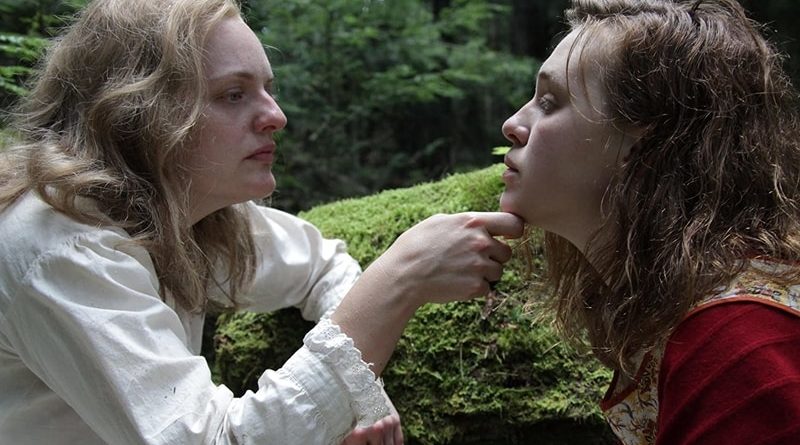HP Grad’s New Film Probes Horror Author
Everything was lined up for Josephine Decker. Two years after breaking through on the art-house circuit with Madeline’s Madeline, the Park Cities native was ready for something bigger.
The filmmaker’s latest project, a haunting portrait of famed but troubled author Shirley Jackson, starring Elisabeth Moss, had garnered acclaim on the festival circuit and was primed for a theatrical release this spring.
Then came the COVID-19 pandemic, which prompted distributor NEON to pivot the release exclusively to digital platforms. While some directors might view that move as a consolation prize, however, Decker enthusiastically gave her blessing.
“I was excited about doing an unconventional release during this time when people are seeking connection through entertainment,” Decker said. “I love going to the cinema and connecting with work there, but I’ve grown up in such an indie-film world that I’ve never made movies that were playing in [wide release]. When you’re one of the first films to come out this way, it’s a story.”
It’s an intimate glimpse into the artistic process that finds Shirley (Moss) battling mental illness, alcoholism, agoraphobia, and other afflictions while living in Vermont in the 1960s. She’s visited by an aspiring writer (Odessa Young) whose husband (Logan Lerman) has landed a job alongside Shirley’s outspoken professor husband (Michael Stuhlbarg). As the relationship between the two women deepens, it affects Shirley’s work in surprising ways.
“It never felt like a biopic. We’re not trying to tell her entire life story,” Decker said. “I feel really grateful that we got the chance to delve into Shirley’s storytelling the way that we did. She’s such a genius. You cycle through a bunch of different realities when you’re inside of her work.”
Decker said she had just finished reading one of the author’s most famous horror works, We Have Always Lived in the Castle, when she received the screenplay by playwright Sarah Gubbins, which is based on Susan Scarf Merrell’s novel.
“I had just kind of fallen for her, but didn’t know the rest of her work that well,” Decker said of Jackson. “Then I got the job, and read as much as I could before we started shooting.”
Decker spent a year reshaping the script with Gubbins prior to production. By carefully mixing fantasy and reality, she tried to strike a balance between Shirley’s unsympathetic nature and viewers’ need for an emotional entry point.
“We wanted to make the film feel more like a Shirley Jackson story,” Decker said. “There’s definitely a coldness to her. She’s a character who creates a lot of distance around her, so we have these moments where we could feel her writing and feel more connected to Shirley, and feel that we were going through something with her.”
During a time when people are watching more movies at home than ever before, Decker is confident Shirley can find an audience. She hopes the film prompts a resurgence in the popularity of Jackson’s books, too.
“I hope that connecting to Shirley’s story of being locked up in her house is something that, to some degree, a lot of people can relate to,” Decker said. “The house and the people in it, she finds a whole world to explore that unlocks her. Maybe similarly, something will come unlocked for the viewers of our film, and also connect them to her writing. If you really want to leave your body, go into a Shirley Jackson story.”









